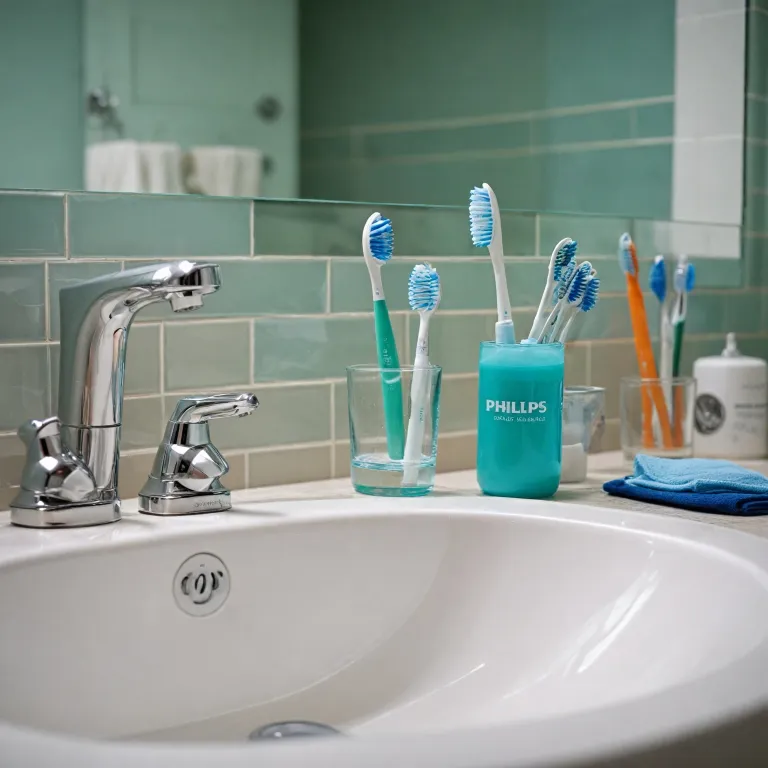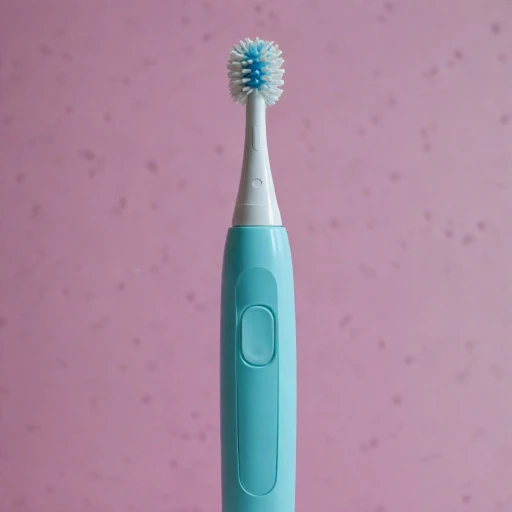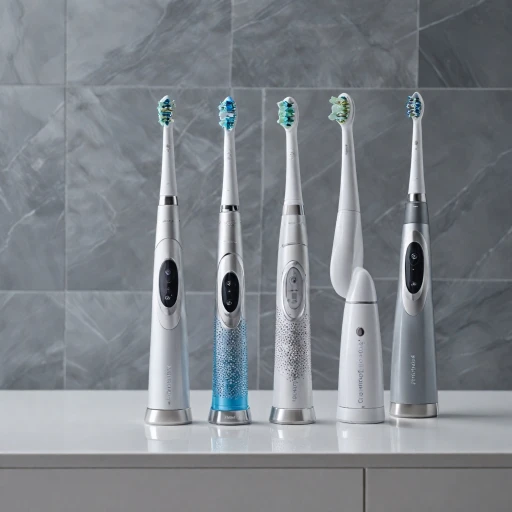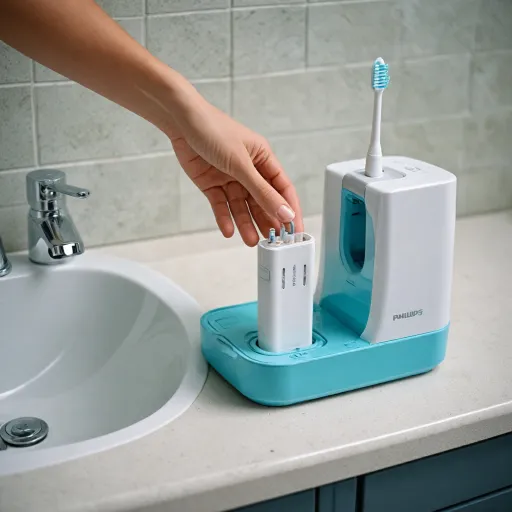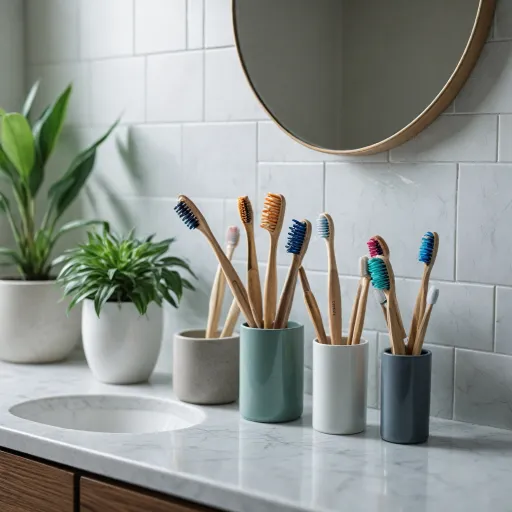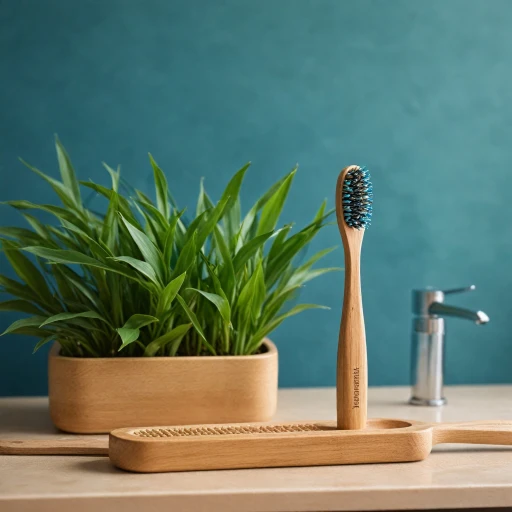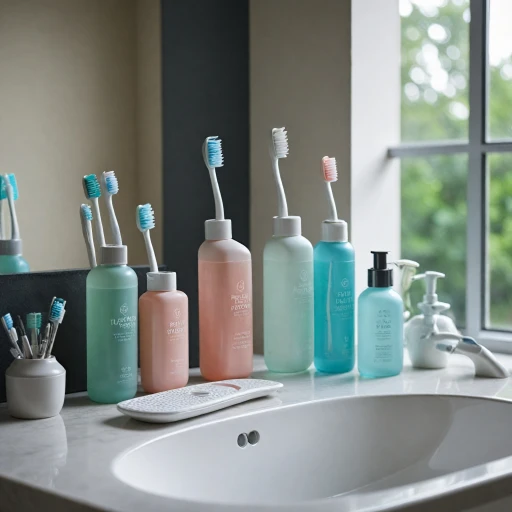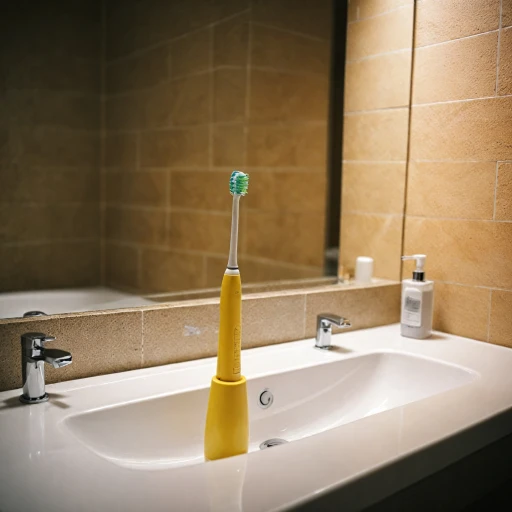
Understanding Common Issues
Identifying Frequent Glitches
Philips Sonicare toothbrushes, including popular models like the Sonicare DiamondClean, have become a staple in dental care routines. However, like any electric gadget, they can sometimes face issues. Understanding common problems helps in identifying potential solutions early. Some frequent complaints from users include the brush not turning on, insufficient battery life, or the brush head not vibrating.
Before jumping to conclusions, it’s essential to consider the specific model you have, as different models might exhibit unique issues. You might have questions related to the parts, or even about the warranty terms provided by Philips. Each of these can impact how you troubleshoot the problem. Whether you bought your toothbrush in-store or online, always ensure to check the user manual first as it contains specific instructions that might help.
For those using newer models or those just exploring options, it’s valuable to understand all the features a Sonicare model offers. Familiarizing yourself with potential issues also positions you to take better care of your appliance, thus prolonging its lifespan. Maintaining the toothbrush regularly not only enhances its longevity but also ensures optimal performance in your oral care routine. For more comprehensive guidance on maximizing your Sonicare experience, consider exploring the benefits of the Sonicare Optimal Clean Electric Toothbrush.
If problems persist beyond the basic troubleshooting steps, it might be time to contact Philips' support or explore the warranty options. Preserving the integrity of your toothbrush is essential, and understanding these common issues is the first step in resolving most cases efficiently. Keep in mind, recognizing when to seek professional help or when the warranty can assist you is just as crucial as handling the minor hitches on your own.
Basic Troubleshooting Steps
Tackling Basic Troubles
When your Philips Sonicare toothbrush encounters issues, it's vital to address them promptly. Whether it's a minor hiccup or a more concerning problem, taking the right steps can help restore its functionality. Here’s how you can resolve some common issues:
- Check the Power: Start by ensuring the toothbrush is adequately charged. Often, the device might not start simply because it lacks power. In case of charging concerns, you may want to explore troubleshooting your Philips Sonicare charger for further guidance.
- Inspect the Toothbrush Head: A frequently overlooked factor is the condition of your toothbrush head. Ensure it's clean and properly attached. A loose or worn-out head can affect performance.
- Understand the Model: Different Sonicare models might have specific maintenance requirements. Take a moment to familiarize yourself with any unique features yours might have—whether it's the Sonicare DiamondClean or a more basic version.
- Review User Instructions: Sometimes, a quick look at the manual can provide insights into the issue. Philips often includes tips for common problems specific to their electric toothbrushes.
- Contact Philips for Help: If basic troubleshooting does not solve the problem, it might be beneficial to contact Philips support. Their staff can answer questions and guide you through additional care steps, especially in case of warranty concerns.
Performing these steps can help in quickly resolving most basic issues and will ensure your toothbrush remains in top condition. If you're confronted with persistently unresolved problems, it might be time to explore professional support options or consider the warranty.
Battery and Charging Solutions
Battery and Charging Concerns
When your Philips Sonicare toothbrush isn’t holding a charge or fails to power on, it can be frustrating. These issues are often linked to the battery or charging components. Here’s how you can address them:
- Check the Charging Base: Ensure that the charging base is plugged in and functioning. Sometimes, the issue might be as simple as a loose connection or a faulty outlet.
- Inspect the Toothbrush: Look for any visible damage to the toothbrush or charging base. If you find any broken parts, it might be necessary to contact Philips for replacement options.
- Battery Life: If your toothbrush model is older, the battery might be nearing the end of its life. In such cases, replacing the battery or the entire toothbrush might be the best solution.
- Charging Time: Make sure you’re allowing enough time for the toothbrush to charge fully. Some models require up to 24 hours for a full charge.
In case these steps don’t resolve the issue, it might be time to explore warranty options. Philips offers a warranty for their Sonicare toothbrushes, which can be a lifesaver if your device is still under coverage. Always keep your purchase receipt and register your product online to streamline any warranty claims.
If you have further questions or need additional help, don’t hesitate to reach out to Philips support. They can provide guidance tailored to your specific model and situation, ensuring your toothbrush is back in top condition.
Maintaining Your Toothbrush for Longevity
Taking Good Care of Your Philips Sonicare Toothbrush
Keeping your Philips Sonicare toothbrush in top condition is crucial for maximizing its lifespan and performance. Regular maintenance ensures that you get the most out of your investment and avoid potential issues that could lead to more serious problems requiring professional help.- Regular Cleaning: It's essential to clean your toothbrush regularly. After each use, rinse the toothbrush head thoroughly and shake off excess water. Once a week, remove the brush head and give the base a gentle cleaning to eliminate any toothpaste residue or grime.
- Brush Head Replacement: Regularly replacing the toothbrush head is critical to maintaining optimal oral hygiene. Philips recommends changing the brush head every three months or sooner if the bristles appear worn out. Keeping an eye on the wear indicator bristles can help you determine when it's time for a replacement.
- Store Properly: Store your toothbrush upright in an open area to air-dry between uses. Keeping it in an enclosed space may cause moisture to build up, which can affect the parts of your toothbrush.
- Avoid Overcharging: While it's tempting to keep your toothbrush on its charger, doing so consistently can affect the battery's lifespan. Charge your Philips Sonicare toothbrush only when needed to enhance its longevity.
- Examine for Damage: Regularly check for any signs of damage, such as cracks in the handle or frayed bristles. If any damage is observed, it may be time to consider contacting Philips for support or checking your warranty.
When to Seek Professional Help
Deciding When to Reach Out for Professional Support
While a do-it-yourself approach can solve many Toothbrush issues, there are times when seeking professional assistance is the best course of action. If your Philips Sonicare toothbrush refuses to function despite your troubleshooting efforts, it may be time to explore other options. To determine whether professional attention is needed, consider these points:- Repetitive or unresolvable problems: If you've tried the basic fixes and the toothbrush malfunction persists, contacting Philips for assistance is advisable.
- Complex technical issues: Non-responsive controls or internal part failures might require expert diagnosis and repair.
- Persistent charging issues: Should your toothbrush's battery and charging troubles remain uncertain after implementing suggested solutions, professional guidance can help clarify next steps.
Exploring Warranty and Support Options
Ensuring a Smooth Process for Warranty and Support
When you encounter issues with your Philips Sonicare toothbrush that basic troubleshooting steps could not resolve, it's important to consider the warranty and support options available to you. Philips offers a comprehensive warranty on their electric toothbrush models, which can be a valuable resource for users.
First, check the warranty details that came with your toothbrush. This information typically outlines what is covered and how long the warranty lasts. Ensure that your model, be it the Sonicare DiamondClean or another in the range, is eligible for repairs or replacement under warranty if any parts malfunction beyond what basic care can resolve.
If you bought your Sonicare toothbrush online, keep track of your purchase records as they will be essential when you contact Philips for support. In the case you need to find Philips' contact details, you can often find them in the documentation that accompanies your toothbrush, or by visiting the official Philips website.
Should you have any questions about your rights reserved or need clarification on privacy policy details concerning your customer information when seeking warranty service, Philips' customer support is equipped to help. Their team can guide you on how best to care for your toothbrush long-term and provide specific answers concerning any electric toothbrush concerns you might have.
Remember, taking proactive steps in maintaining your toothbrush can prolong its lifespan. However, when issues do arise, knowing when to seek professional help is crucial and understanding your warranty options can provide peace of mind.

